Humans
Sign up for our newsletter
We summarize the week's scientific breakthroughs every Thursday.
-
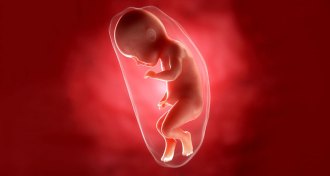 Humans
HumansFor humans, the appeal of looking at faces starts before birth
New research suggests that 8-month-old fetuses, like newborns, are particularly interested in looking at faces.
-
 Health & Medicine
Health & MedicineIt’s best if babies don’t drink their fruit as juice
New guidelines from the American Academy of Pediatrics recommend no fruit juice for babies younger than 1 year old.
-
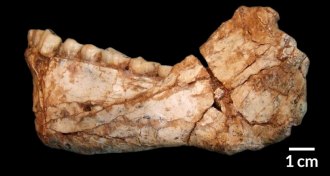 Anthropology
AnthropologyOldest known Homo sapiens fossils come from northern Africa, studies claim
Moroccan fossils proposed as oldest known H. sapiens, from around 300,000 years ago.
By Bruce Bower -
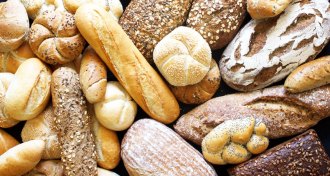 Health & Medicine
Health & MedicineChoosing white or whole-grain bread may depend on what lives in your gut
Gut microbes determine how people’s blood sugar levels respond to breads.
-
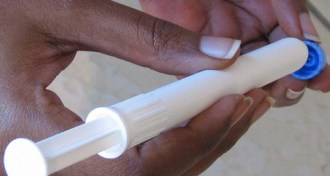 Health & Medicine
Health & MedicineWhen preventing HIV, bacteria in the vagina matter
Vaginal bacteria affect how well microbicide gels used to prevent HIV work.
-
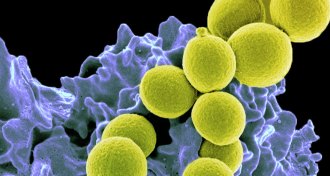 Health & Medicine
Health & Medicine50 years ago, antibiotic resistance alarms went unheeded
Scientists have worried about antibiotic resistance for decades.
-
 Health & Medicine
Health & MedicineBabies categorize colors the same way adults do
Babies divide hues into five categories, much like adults, a result that suggests color categorization is built into the brain.
-
 Genetics
GeneticsMummy DNA unveils the history of ancient Egyptian hookups
A study of DNA extracted from Egyptian mummies untangles ancient ancestry and attempts to resolve quality issues.
-
 Health & Medicine
Health & MedicineSome topics call for science reporting from many angles
There’s heartbreak in this issue. Science News investigates different facets of the ongoing opioid epidemic in the United States.
-
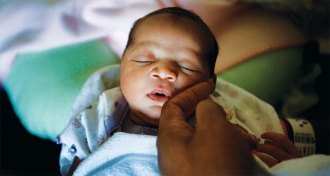 Health & Medicine
Health & MedicineFor babies exposed to opioids in the womb, parents may be the best medicine
A surge in opioid-exposed newborns has U.S. doctors revamping treatments and focusing on families.
By Meghan Rosen -
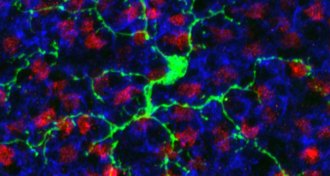 Health & Medicine
Health & MedicineResearchers stumble onto a new role for breast cancer drug
At first, ophthalmologist Xu Wang thought her experiment had failed. But instead, she revealed a new role for the breast cancer drug tamoxifen — protection from eye injury.
-
 Archaeology
ArchaeologyPeru’s plenty brought ancient human migration to a crawl
Ancient Americans reached Peru 15,000 years ago and stayed put, excavations suggest.
By Bruce Bower